Leave it to George Harrison to come up with a song that manages to brilliantly articulate inarticulation. “I Want To Tell You”, found on The Beatles’ 1966 masterwork Revolver, does just that. The song demonstrates the rapid ascent in quality that Harrison’s writing was undergoing at that time. And it fits quite nicely into the lineup of one of the greatest albums of all time.
Videos by American Songwriter
“Tell” Us More
George Harrison’s songwriting hit a new peak on Revolver. He had started to find his footing on the previous two Beatles’ albums, Help! and Rubber Soul. Revolver included three “Harrisongs” and they showed off the disparate parts of his personality.
“Taxman” demonstrated his caustic side, as well as his willingness to speak out at what he felt was a kind of injustice. (Truth be told, he was ahead of his bandmates John Lennon and Paul McCartney when it came to protest songs.) “Love You To” showed off his spiritual side, while also touching on his interest in Eastern music.
The Beatles’ “I Want To Tell You” allowed Harrison to muse on the common song topic of love and relationships. But he did so from a unique point of view. The song expresses how the feelings of love can sometimes overwhelm all attempts to properly express that emotion.
Just as the lyrics come from a different angle, the music of “I Want To Tell You” also offers a clever approach. Harrison’s love for unique chords makes the song teeter and wobble at times. In fact, the uncertainty of what’s coming next from a musical sense mirrors the narrator’s own unease.
Examining the Lyrics of “I Want To Tell You”
The title of “I Want To Tell You” by The Beatles says a lot, albeit in a deceptive fashion. If you read it without knowing what the song was about, you might assume that it refers to someone excited to express their feelings. Instead, the narrator is essentially saying that he wants to tell her, but he can’t.
It’s not that he lacks the inner monologue to do it. “My head is filled with things to say,” Harrison exclaims.
However, her presence does him in every time: “When you’re here / All those words, they seem to slip away.”
Harrison hints at the silly things that can trip up communication in the second verse. “When I get near you/The games begin to drag me down,” he sings.
Still, he takes it all with a measure of equanimity and a dollop of confidence: “It’s all right / I’ll make you maybe next time around.”
In the middle eight sections, the narrator explains how his frustration at coming up short of words manifests itself in other ways. He lashes out: “But if I seem to act unkind / It’s only me, it’s not my mind / That is confusin’ things.”
Later, he suggests that the girl’s unknowability also plays into it: “Sometimes I wish I knew you well.”
By the final verse, he still hasn’t quite figured it out. “I want to tell you,” he stammers. “I feel hung up and I don’t know why.”
But, he also makes peace with the situation, in part by relying on his patience. Harrison sings, “I don’t mind / I could wait forever, I’ve got time.”
All those offbeat chords lead to some funky vocal harmonies from the band, with Paul McCartney, in particular, really wailing away on top. George Harrison’s penchant for the offbeat makes “I Want To Tell You” by The Beatles one of the most eloquent songs you’ll ever hear about being tongue-tied.
Photo by ANL/Shutterstock

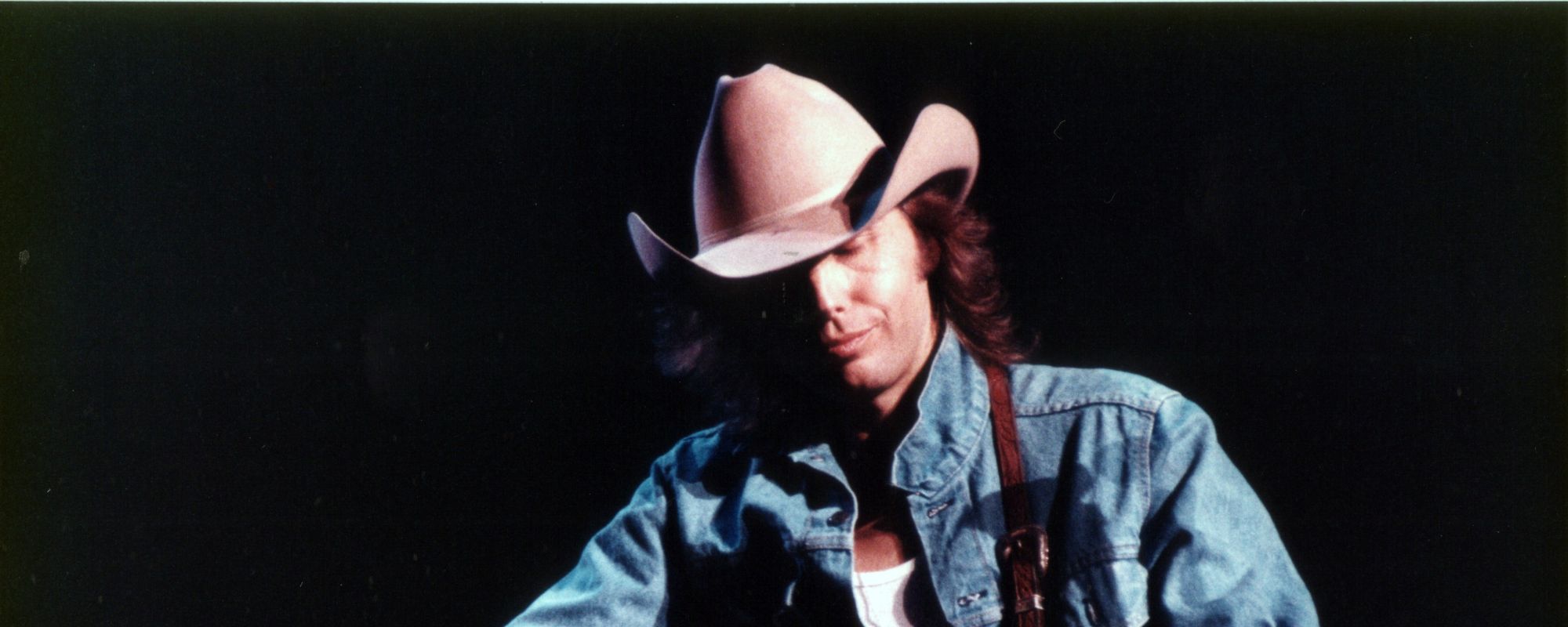
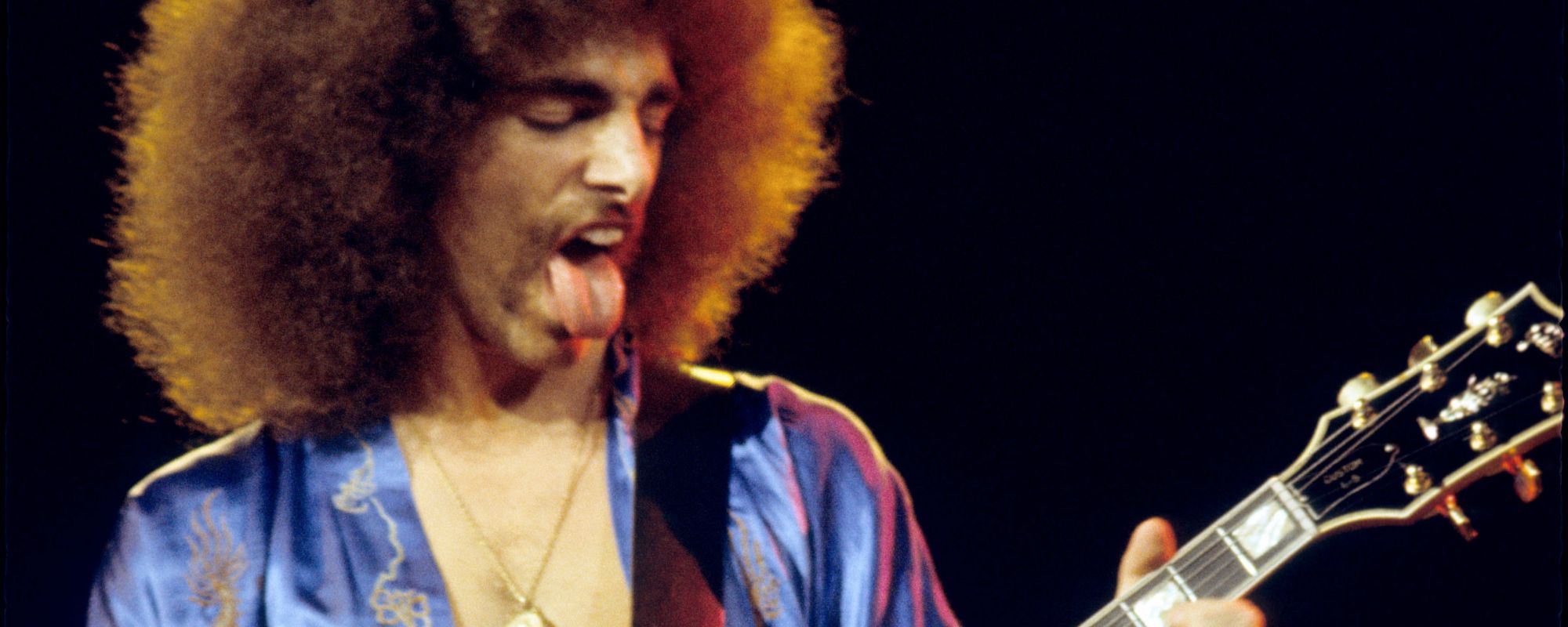
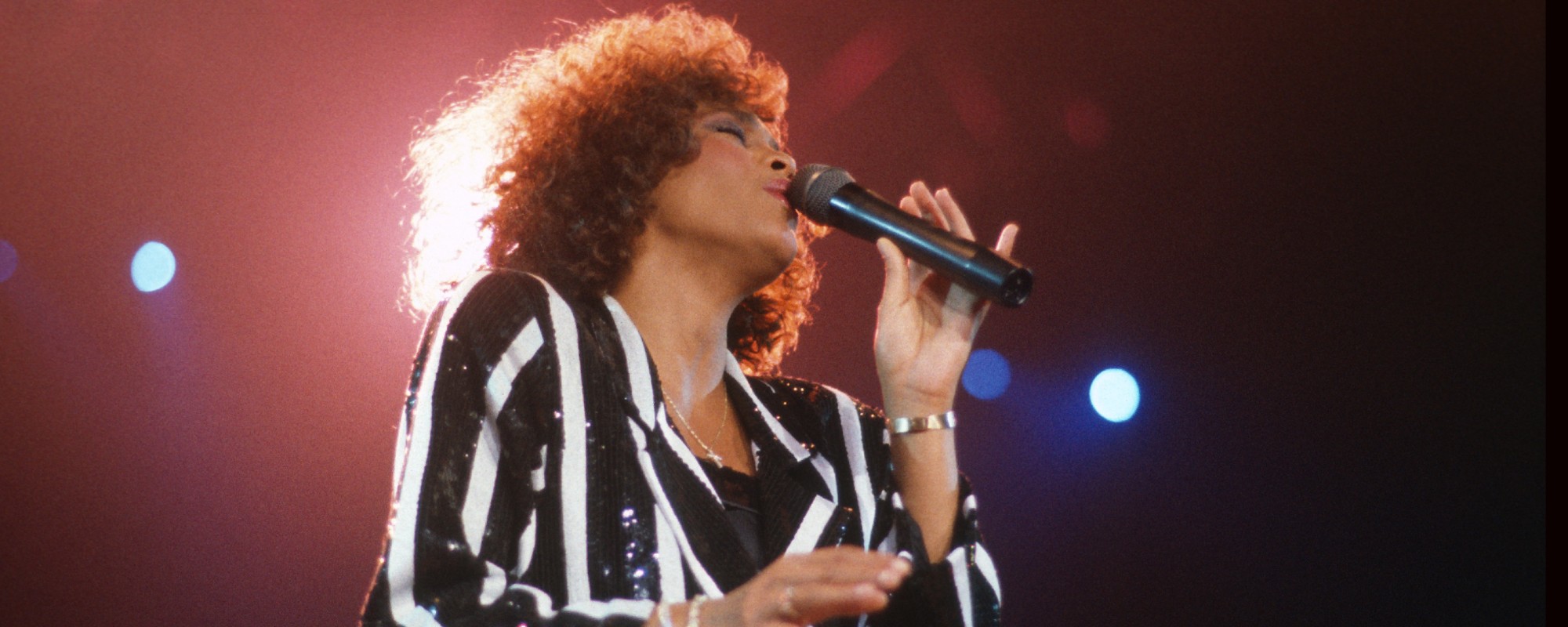
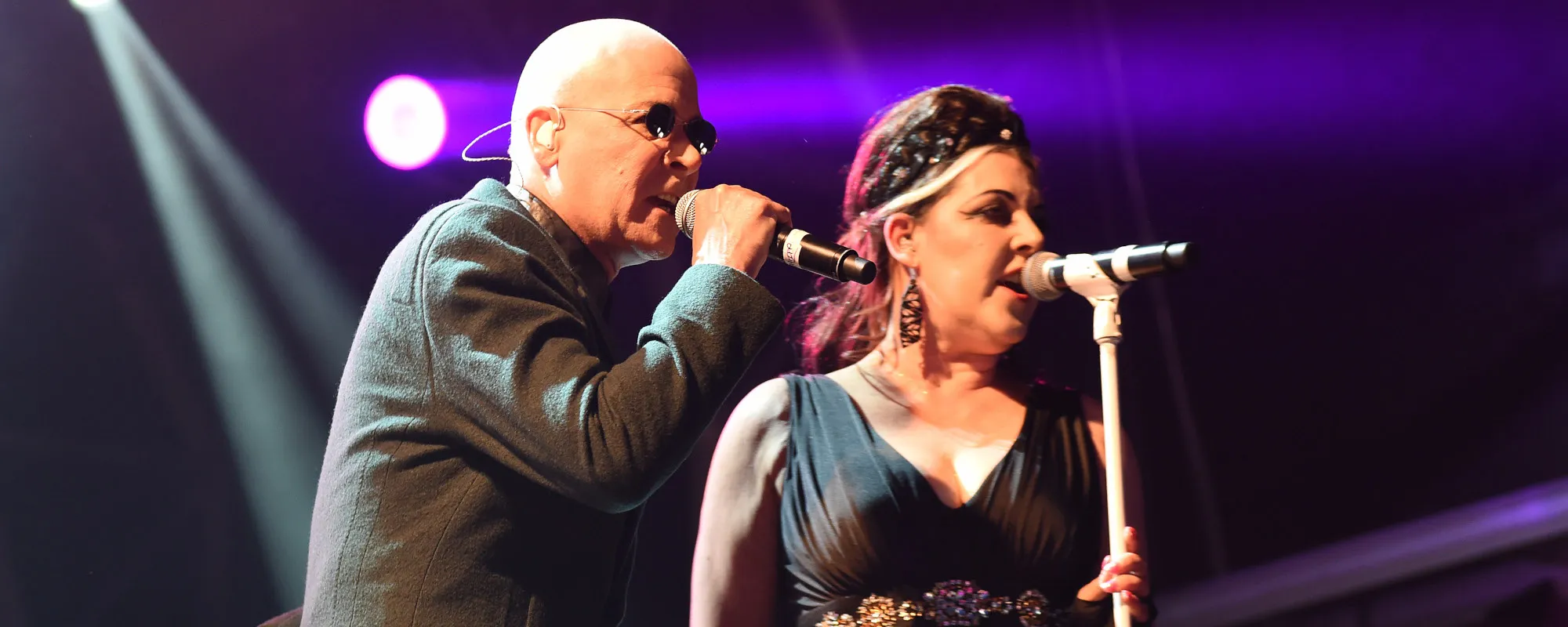
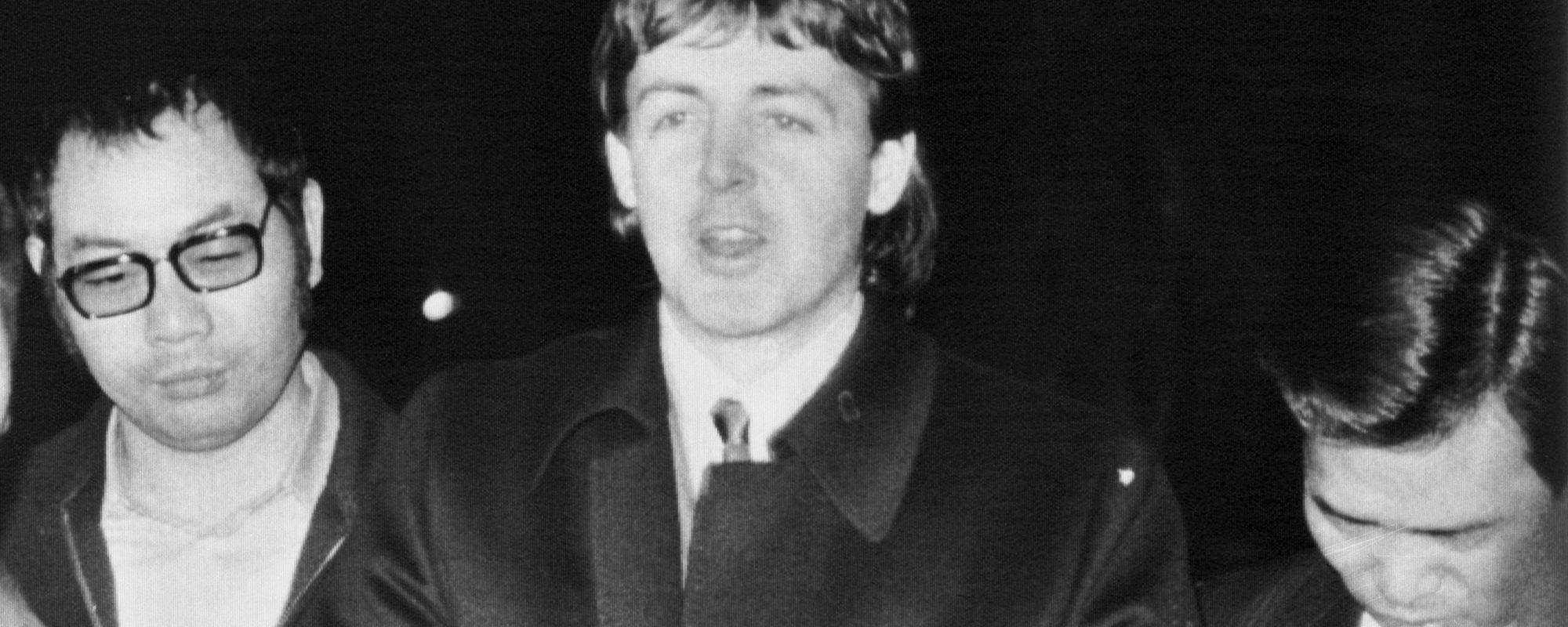
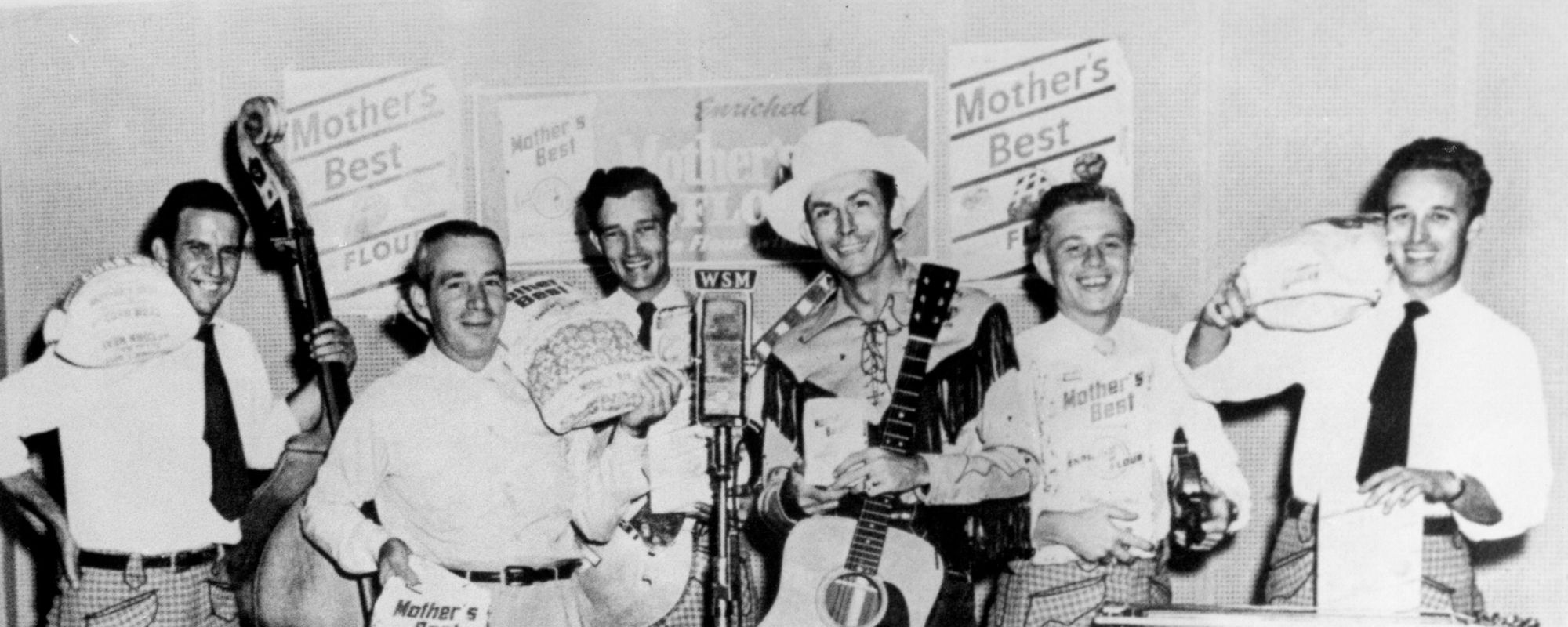

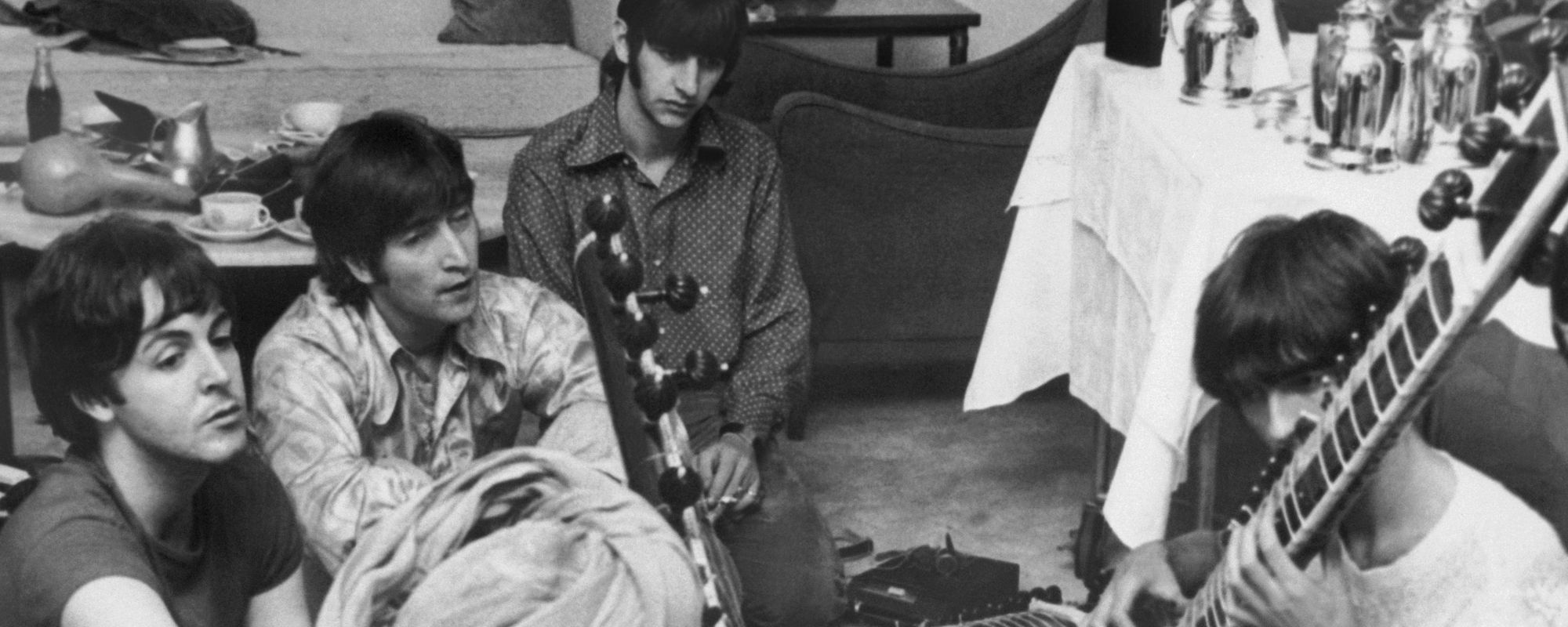



Leave a Reply
Only members can comment. Become a member. Already a member? Log in.